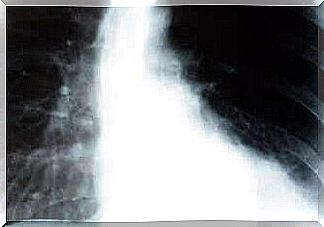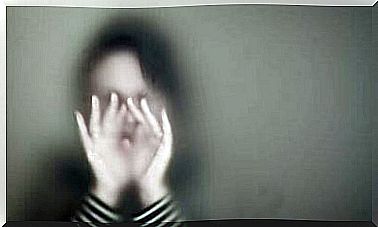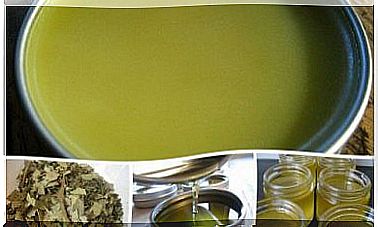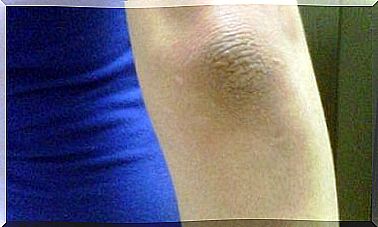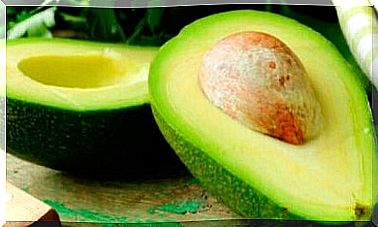Causes Of Chest Pain When Coughing
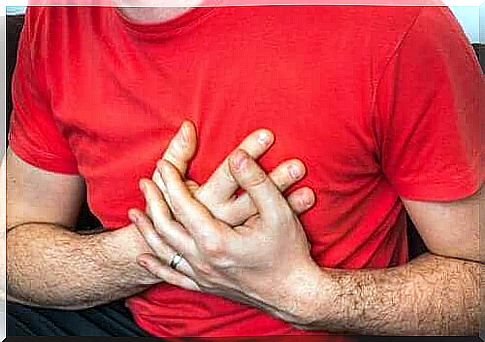
You can be worried when you feel chest pain when you cough. People often associate it with the lungs or heart and think it is a sign of a serious health problem.
Causes of chest pain when coughing

This pain is very common in people who suffer from certain respiratory problems. Below we will explain the possible causes.
Flu
Influenza is one of the most common viral infections worldwide. It usually manifests itself abruptly, with severe symptoms almost from the first moment. The main symptoms of the flu are:
- Fever
- Headache
- Freezing
- Muscle and chest pain
The flu symptoms tend to be more severe and last longer than those of a cold. It is common to have chest pain if you have the flu, which can be worse if the patient also has a cough.
Cold
A cold is a contagious viral infection that affects the respiratory system. It is more common in children than adults, and the symptoms are strongest in the first three days.
However, in addition to general discomfort, sore throat and more mucus, cough is one of the most common symptoms. If it occurs repeatedly, it can even cause chest pain.
The cold symptoms appear gradually three days after exposure and last for about a week. The main symptoms of the common cold are:
- Nasal congestion
- Hyping sneezing
- Sore throat
- Reap
The fact that it affects the respiratory system is what makes it one of the most common causes of pain when coughing.
Acute bronchitis
Bronchitis is an inflammation of the bronchi. Following an infection or inflammation in them, our ability to breathe decreases. Symptoms of bronchitis include:
- Wheezing in the chest
- Mucus
- Reap
- Chest and back pain
The main cause of acute bronchitis is usually a viral infection. It is often the result of a cold that was not treated properly. However, it can also be caused by a bacterial infection.
Asthma and chest pain when coughing
Asthma is a chronic disorder that causes narrowing of the airways due to inflammation.
If not properly diagnosed and treated, it is very common to suffer from difficulty breathing, wheezing in the chest, or chest pain when coughing. Here are some of the symptoms of asthma:
- Shortness of breath
- Cough with mucus
- Wheezing in the chest
- Chest pain when coughing
Punctured lung
A punctured lung, also called a pneumothorax, occurs when a lung is perforated and air escapes from it.
The direct consequence of pneumothorax is that the area around the lungs fills with air. This prevents them from expanding, which of course causes symptoms such as chest pain and shortness of breath.
The pressure caused by the air outside the lungs causes chest pain that gets worse when you cough.
Musculoskeletal injuries and chest pain when coughing
When someone is exposed to damage to the chest muscles, legs or bones nearby, the pain will be worse when coughing. Fractures or cracks in the ribs, chest, sternum or spine cause severe chest pain when coughing, pain that can also appear when breathing, standing, or making certain movements.
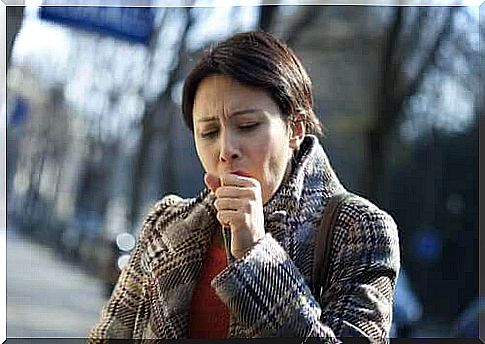
All the ribs except the last two are connected to the sternum with cartilage. When this cartilage becomes inflamed, it causes an injury known as costochondritis, costosternal syndrome, or chest wall pain.
The main consequence is severe chest pain that gets worse when you cough or make certain movements. Costochondritis is one of the most common causes of this pain. The main reasons for it appearing are the following:
- Damage to the chest
- Weightlifting
- Respiratory tract infections
- Overexertion when coughing
- Certain types of arthritis
Conclusion
As you have seen, this pain can be caused by various infectious processes and conditions. Therefore, if the pain is not caused by a common cold, you should consult your doctor or a specialist.
